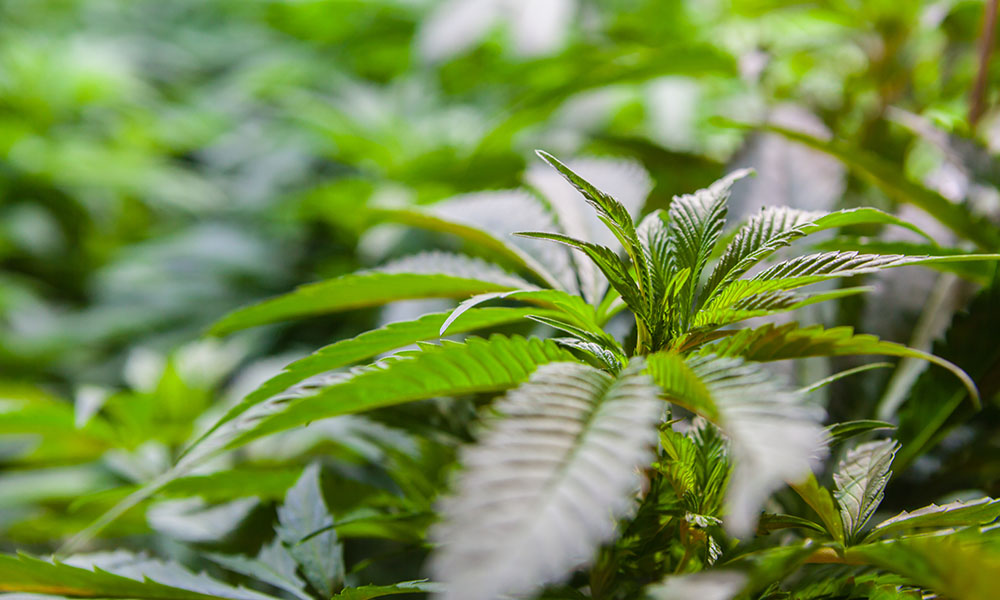Texas Governor Expands Medical Cannabis Program, Vetoes THC Ban
LOS ANGELES— Texas Governor Greg Abbott has signed House Bill 46 into law, significantly expanding the state’s limited medical cannabis program, while vetoing Senate Bill 3, which aimed to ban hemp‑derived THC products—including delta‑8 gummies, vapes and edibles.
Under the new legislation, known as HB 46, the Compassionate Use Program (TCUP) will broaden eligibility by adding chronic pain, traumatic brain injury, Crohn’s disease and other inflammatory bowel conditions. It also opens access for individuals in palliative or hospice care. Delivery options will now include patches, lotions, suppositories, approved inhalers, nebulizers and vaping devices. The Texas Department of Public Safety must expand medical cannabis business licenses from three to fifteen and permit dispensaries to open satellite locations. Patients will be able to receive up to a 90‑day supply with four refills per year, with THC limits capped at 10 mg per dose and one gram per package. Rules implementing these changes are expected by October 1.
Meanwhile, Abbott vetoed Senate Bill 3, which would have outlawed all hemp‑derived THC products in Texas. In a letter accompanying the veto, the governor cited legal concerns, including conflict with federal law and potential constitutional challenges, and warned that enforcement could criminalize ordinary consumers. He also emphasized the importance of a regulatory framework—not prohibition—and called a special legislative session for July 21 to address public safety and federal alignment through controls such as age limits, restricted sales zones, packaging requirements, lab testing and local oversight.
The legislative fallout from the veto was swift and divisive. Lt. Gov. Dan Patrick, who championed the THC ban and secured strong legislative support, criticized Abbott’s “last‑minute veto,” stating it would “leave families…feeling abandoned” and accused the governor of ignoring enforcement priorities. He also signalled further criticism in a planned press conference.
By contrast, industry groups and medical‑access advocates welcomed the veto. The Texas Hemp Business Council and Project Champion—an athletes’ advocacy group—hailed Abbott’s decisions as victories for economic stability, small‑business interests, and patients relying on THC products. The hemp industry, valued at roughly $8 billion with over 8,500 retailers statewide, celebrated the reprieve and pointed to the creation of thousands of jobs that would be threatened under SB 3.
The combined actions mark a pivotal shift in Texas policy: the state is expanding legal medical cannabis access while rejecting an outright ban on hemp‑derived THC products. The upcoming special session will center on crafting a regulatory framework to govern these products, balancing public safety with economic and health interests.




































